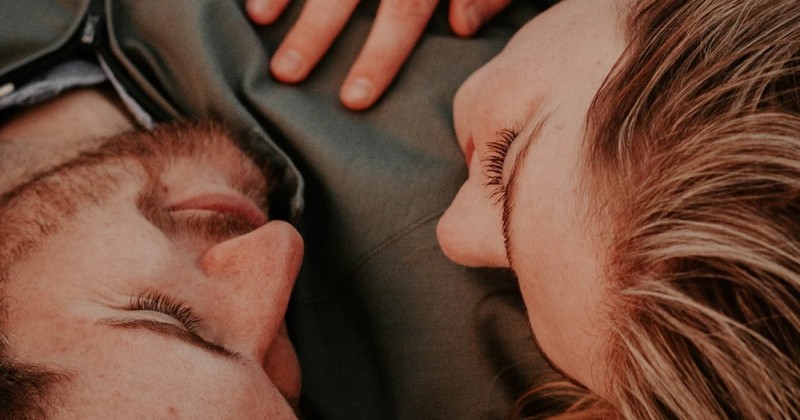What is healthy dependence in a couple’s relationship?

Total independence can lead to a lack of common goals. So... how to relate to each other?
In consultation I meet people who do not know how to say why they are with their partner. "I guess I love him", "he makes me feel safe", "what is he going to do if I am not there"... It is sometimes difficult to differentiate between dependence on that person and love.
It is important to emphasize that the main objective in a relationship is not to be completely independent, as we have always been taught.as we have always been taught. Of course, we are independent beings with our personality, our traits, our tastes or hobbies.
Once we are in a relationship, if we function completely independently what will happen is that we will be in a dysfunctional relationship. There will be no room for communication, for leisure etc. Therefore, we are going to discard the idea that it is important to be only independent and we are going to relate to each other through a healthy dependence. let's relate to each other through a healthy dependence..
Healthy dependence in relationships
What does it mean? The human beings are social beings, that is to say, we need contact with others. If we are totally independent, we are in a dysfunctional bonding pattern.
On the contrary, this healthy bonding or dependence on others occurs when we are able to manage our own emotions and we are also able to regulate the emotions of the other person and we feel comfortable and confident in the relationship with others. we feel comfortable and confident in the relationship with others..
In the case of being an independent person, the second factor would not be fulfilled. These people do not feel comfortable in intimacy; in this case there will be a great need for self-regulation. On the contrary, a dependent person will feel very well within this intimacy but not autonomously, there will be a need for confusion with the other person.There will be a need for confusion with the other person.
Asymmetries in the couple
In consultation, it is very common to find couples in which one of the partners is more dependent and the other more independent.What will happen in these cases?
The more dependent person will start up all the care that he/she considers necessary for his/her partner, without the latter having requested it. He/she will put aside everything he/she needs and wants. Through this care they will obtain the reinforcement they need for their well-being, as they will normally be people with damaged self-esteem. They also need the other's opinion when making decisions and usually do not put limits to others as a way to protect themselves.
This type of patient feels that the relationship with their partner gives them security and stability. This is the first differentiation I would like to make.
What these people feel is security because they are in the company of others.The thought of loneliness scares them and they prefer this type of relationship, in which they feel a lot of discomfort, to ending it. The discomfort is due to that constant fear that they have of losing the other and to avoid that this happens they put in motion all the care, being given the distrust. And the first premise for a healthy relationship is trust in intimacy with the other. In this case we are not in a horizontal relationship, that is to say, in a relationship of equals to equals.
In more dependent people we find ourselves with a more submissive profileThe person will never feel secure. They will only feel security when their partner reaffirms how well they have done something, or how well they have made a decision. That is when it can be confusing for a person to feel secure in the relationship. But if you realize that the basis of this type of relationship is fear and therefore insecurity.
How can we identify if we are in a healthy relationship?
First of all it is important to to feel secure with ourselvesWe must keep in mind that well-being depends on ourselves and not on our partner. If we look for well-being in the other person and our emotions depend on this, we are in a dysfunctional relationship, we would not be regulating our own emotions and we are putting the responsibility externally.
It is also important that we know what our needs are, as well as those of our partner.as well as those of our partner. Once we have identified them, it is important that we express them and move in that direction to achieve what we want. Normally in caregivers it is difficult to identify what those needs are. I suggest that you do some reflection work and focus on what generates wellbeing or what you need to feel good.
Let's imagine a piece of land where we are going to build a house. The first thing we will have to build are the foundations, without them our house will not resist and probably with the slightest movement it will collapse. Relationships are like houses, they need to have a solid foundation. These are communication, trust, respect and equality.. If these premises are not met, what will happen is that we are not in a healthy relationship, and it is then when the different dysfunctional bonding patterns that we saw earlier will be set in motion.
It is important to keep in mind that a healthy and accepting relationship with ourselves is required to have functional relationships. Otherwise we will be depositing our discomfort and experiences in the relationship together with those of the other person, allowing us to understand the different relationships in which we have found ourselves.
(Updated at Apr 13 / 2024)